EXCLUSIVE: How Datari Turner’s Modeling Work Launched His TV & Film Production Career: I was making a lot of money, but it wasn’t going to make me rich. (INTERVIEW)
Long before he jumped into producing film and reality TV (he created the popular reality television series, Growing Up Hip Hop, along with a number of other non-scripted shows on BET) producer Datari Turner was an athlete who accidentally became a model.
In an exclusive interview with theJasmineBRAND.com, Datari explains how he got his start, which ultimately landed him behind-the-scenes in film and TV. Check out a few excerpts below of our part 1 interview.
On entering the entertainment industry through modeling:
I was an athlete my whole life. I grew up in the Bay Area, Richmond [Califonia] as well. And I got a full ride scholarship to go to the University of Oklahoma to play football. I was back during my break, walking through Union Square in San Fransico with my football homies when this lady asked me to sign up for this ‘Face Finders Model Search’. Literally, I had no aspirations of being in the entertainment industry. My dream was to play free safety for the 49ers and marry Aaliyah. She was like ‘You got a really great look,’ and I said, ‘I’ll sign up but you got to let all my friends sign up as well.’ And they’re like 6’5 300lb, so she looked very scared, but she let them sign up. Called me that night and said, ‘ I knew you wouldn’t have did it if I didn’t let your friends sign up, but you have a great look. Would you come back next week by yourself?’
How he landed a modeling contract:
I ended up winning the best regional face for my age range. I was 18 at the time. I went to Palm Springs and I won ‘Best Face in California’. And then I went to New York and won the whole competition. So, the Ford Modeling Agency signed me to an exclusive contract. At that time they wanted me to move to New York and put me in a models apartment and my parents were like he’s on scholarship, that’s never going to happen. They were like ‘Well, we have branches all over the world. We have an L.A. branch as well.’ And my mother’s from Compton, so we drove down and met with the L.A. office.
On landing his first modeling job:
Literally, within the first couple of weeks of being in L.A., I got this video in “I’m Dream”, which is like the Xscape, old school Keith Sweat video. I was like the lead guy in the video. They took polaroids of me and sent them to this photographer Bruce Weber, who discovered Tyson Beckford. He’s one of the most iconic photographers in history, and he used me for Abercrombie & Fitch. It was like a groundbreaking campaign at the time, because they have never used a Black person in any of their ad campaigns. So I shot with Ashton Kutcher who was a model at the time.
On his immediate success as a model:
My career took off after that campaign. Within the first six months I did Banana Republic, Tommy Hilfiger, and then Puff started Sean John and signed me to a contract to be the face of the line for like 2 years.
On the differences between males and females in the modeling industry:
Once I got into the fashion business, it was a wild business. I didn’t appreciate it as much as I do now, looking back on it. It took me around the world. I got to work with so many iconic people, so many iconic photographers. But the fashion industry is the only industry where women completely dominated. I remember doing Tommy Hilfiger, I was making S10,000 a day. [Model] Joy [Bryant] is making $20,000 a day, and Rebecca Romijn is making $1 million. And I was a pretty big male model. I was making a lot of money, but I didn’t feel like that was going to make me really, really rich. The level of a model that I was as a man, there were female models that were below me, making $1million a year. Just, catalog models.
On why he transitioned from modeling to television/film:
I feel like I was hitting the ceiling, where I was doing a lot of major campaigns but I was getting the Pradas. I wasn’t getting the Gucci [campaigns] and things like that. I’ve always been a planner and someone who looks at what my life is going to look like 10 years or 20 years from now. So, I was kind of going through a ‘mid-life-crisis’ at 23-years-old. I had already been in the business for 4 or 5 years. I was living in New York in an expensive apartment, I had a Range Rover. I’m doing my thing, but I was just like ‘What am I going to do 10 years from now?’ I took it back from square one and was like, ‘What else did I love as a kid besides sports?’ And movies was the only other thing that I really loved.
On writing his first screenplay, ‘Video Girl’:
I went and bought a book, it was called ‘Save the Cat’. And it told you basically how to structure a screenplay in three acts. And the book said, ‘You are going to try to write a screenplay, why not write about something that you really know?’ I was the leading man in a lot of music videos in my career, and I know a lot of the music video girls and what happened to them. And stories that they were caught up in and that led me to write a screenplay called ‘Video Girl.’
On “Video Girl”:
I wrote the first draft in 2002. I was living in New York still, I wrote it in 11 days. When I wrote the script, I wrote a treatment too. And I knew this executive who worked for John Singleton and she worked for this company, Mosaic Media Group for this producer Charles Roven who produced ‘The Dark Knight and ‘Batman Begins’. He produced ‘Idlewild’ with Outkast. They had a deal at the time with HBO to do three pictures. Idlewild was supposed to be the first project that they did. It was called ‘Speakerboxxx/The Love Below’ at the time. I sent her ‘Video Girl’ and she was just blown away. She was like, ‘You’re a model guy. You really wrote this? Who’s the ghostwriter?’ And I was like, ‘No, I really wrote this and I know this world. I know these girls.’ And they optioned the script from me. That’s how I got a literary agent and a film attorney.”
On how “Video Girl” almost didn’t happen:
[Vid 2, 5:55] ” ‘Video Girl’ was supposed to be an HBO original movie. It was supposed to come right after ‘Idlewild’. So, Outkast released an album and it ended up going diamond. And then the executive, basically thought that it was bigger than an HBO movie, that it was a theatrical release. So, what was supposed to be a $2 million HBO movie, turned into a $10 million movie, that got released at the box office and the movie didn’t do well. When the movie didn’t do well, the company was basically like they didn’t want to do urban no more. That’s what kind of happens when you get these big white producers that want to experiment with doing Black stuff and then it don’t work. And then they like ‘We good’. So I was able to get the option back, but during the course of working with this company is how I met Meagan [Good].”
Watch part 1 of the interview below.
Check back for part 2 where Datari reveals his start in producing reality TV, his relationship with Meagan Good and how ‘Growing Up Hip Hop’ almost didn’t happen.
By – Martel Sharpe


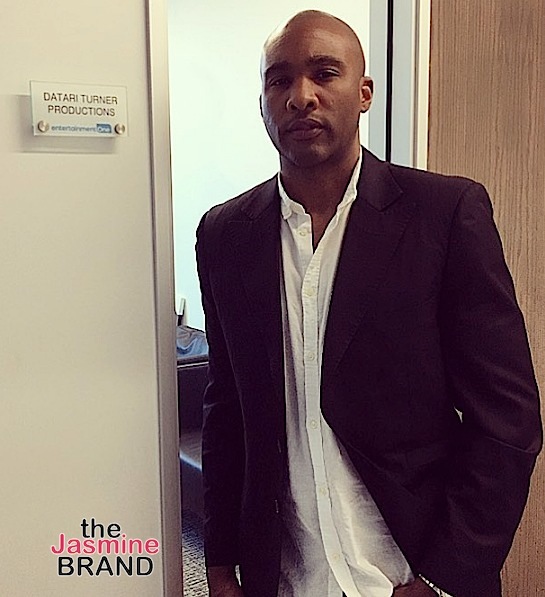
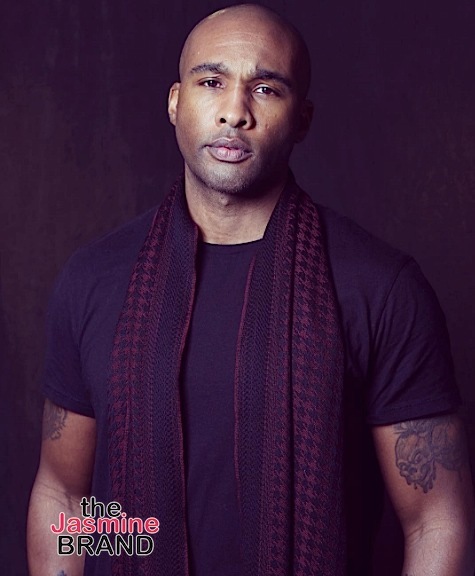
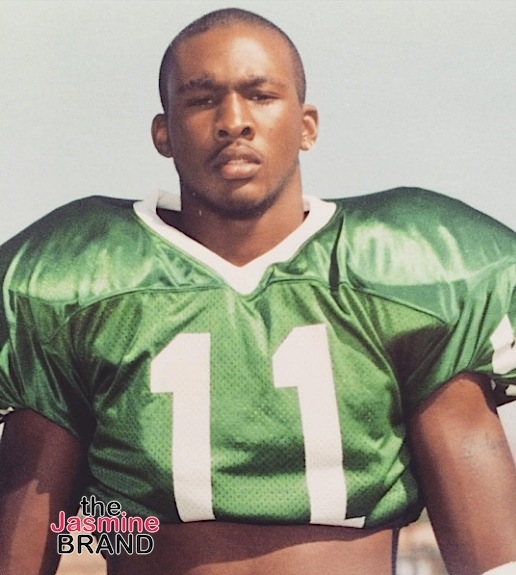
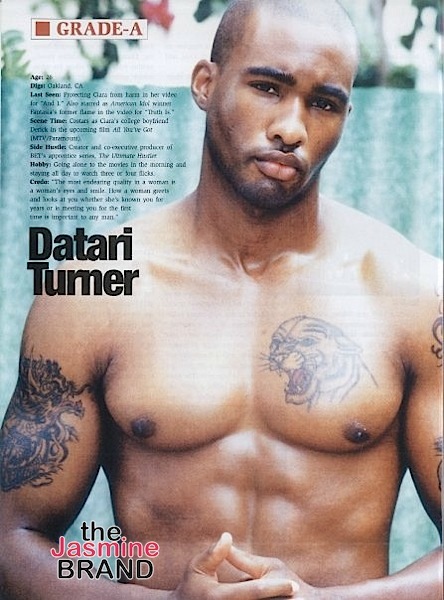
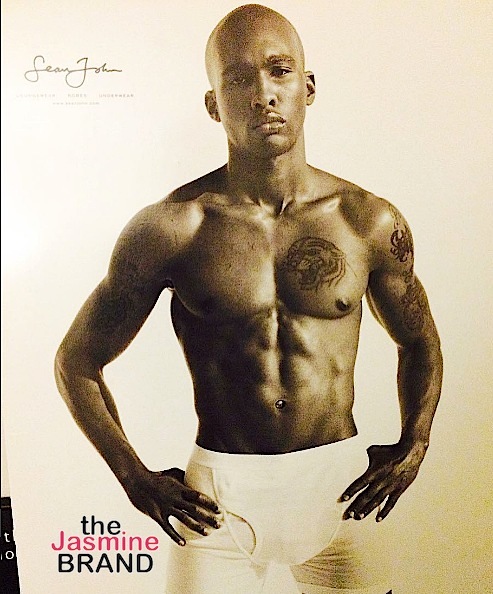
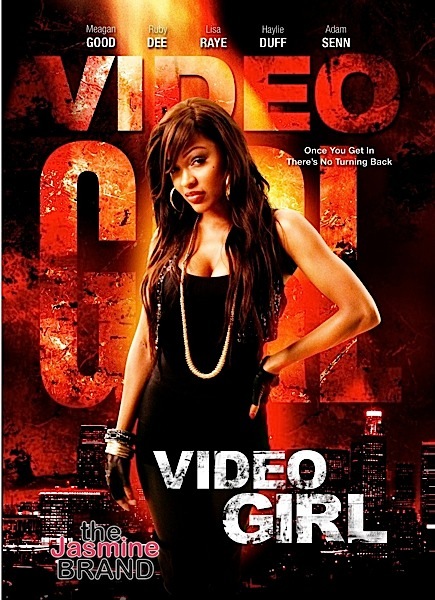
 Previous Article
Previous Article Next Article
Next Article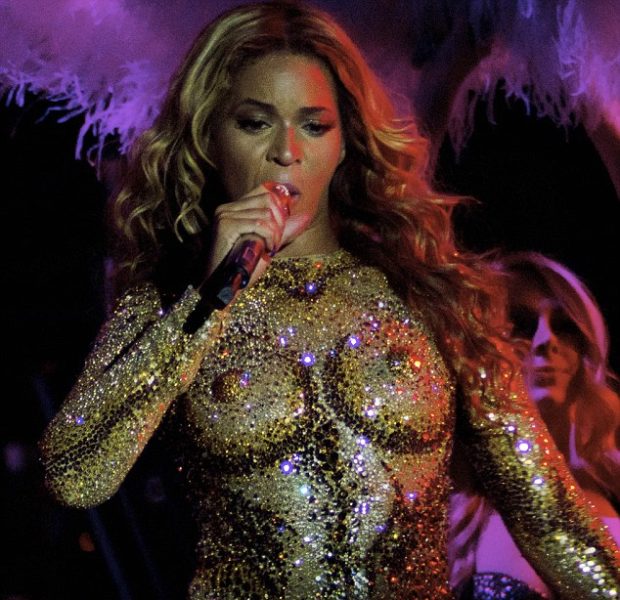 Beyonce Serves Body, Booty & Boobs for The Mrs Carter Show + The Carter’s Become The First Billion Dollar Couple
Beyonce Serves Body, Booty & Boobs for The Mrs Carter Show + The Carter’s Become The First Billion Dollar Couple ![[EXCLUSIVE] Charlamagne Tha God On: The Breakfast Club, New TV Show + What He Misses Most About Wendy Williams](https://thejasminebrand.com/wp-content/uploads/2014/02/Screen-shot-2014-02-16-at-10.10.27-PM.png) [EXCLUSIVE] Charlamagne Tha God On: The Breakfast Club, New TV Show + What He Misses Most About Wendy Williams
[EXCLUSIVE] Charlamagne Tha God On: The Breakfast Club, New TV Show + What He Misses Most About Wendy Williams 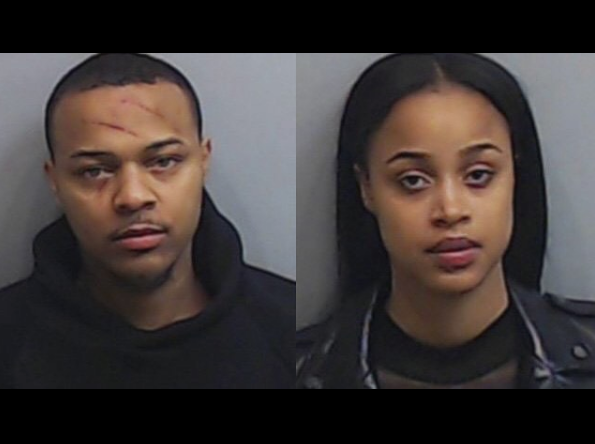 Bow Was Beat W/ A Lamp, Bitten & Spat On By His Ex – According To His Lawyer
Bow Was Beat W/ A Lamp, Bitten & Spat On By His Ex – According To His Lawyer ![Beyonce Rocks Zuhair Murad To CMA’s, Performs “Daddy Lessons” With Dixie Chicks [VIDEO]](https://thejasminebrand.com/wp-content/uploads/2016/11/Screen-Shot-2016-11-03-at-7.08.31-AM.png) Beyonce Rocks Zuhair Murad To CMA’s, Performs “Daddy Lessons” With Dixie Chicks [VIDEO]
Beyonce Rocks Zuhair Murad To CMA’s, Performs “Daddy Lessons” With Dixie Chicks [VIDEO] 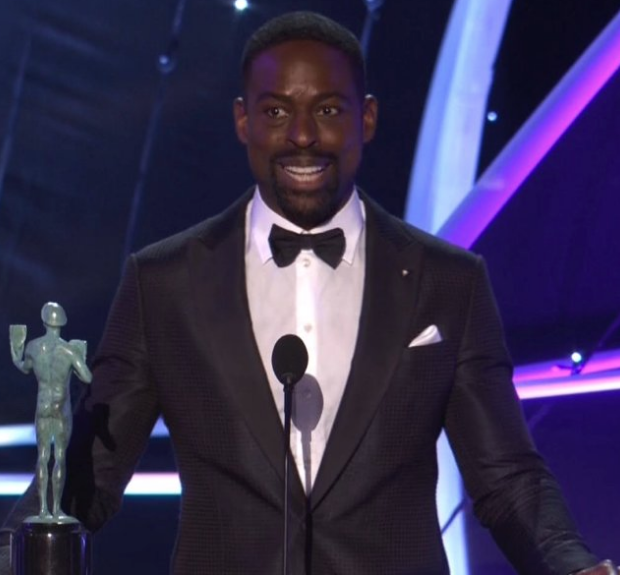 Sterling K. Brown Makes SAG Awards History + Complete Winner List
Sterling K. Brown Makes SAG Awards History + Complete Winner List 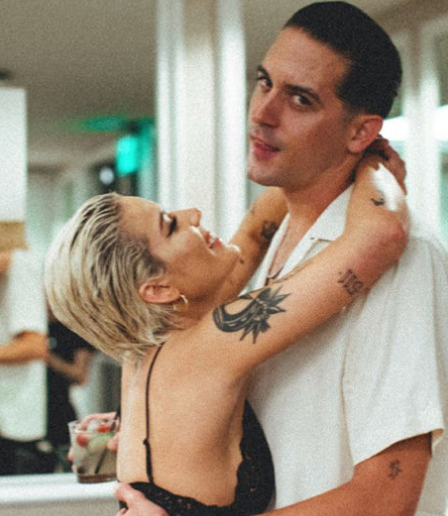 G-Eazy & Halsey Break-Up After Dating For 1 Year
G-Eazy & Halsey Break-Up After Dating For 1 Year ![[Video] Wale Admits He Lost Tiara Thomas To Rico Love: ‘I Was A Casualty To the Game. People Are Not Your Friend.’](https://thejasminebrand.com/wp-content/uploads/2013/06/tiara-thomas-604x600.jpg) [Video] Wale Admits He Lost Tiara Thomas To Rico Love: ‘I Was A Casualty To the Game. People Are Not Your Friend.’
[Video] Wale Admits He Lost Tiara Thomas To Rico Love: ‘I Was A Casualty To the Game. People Are Not Your Friend.’ 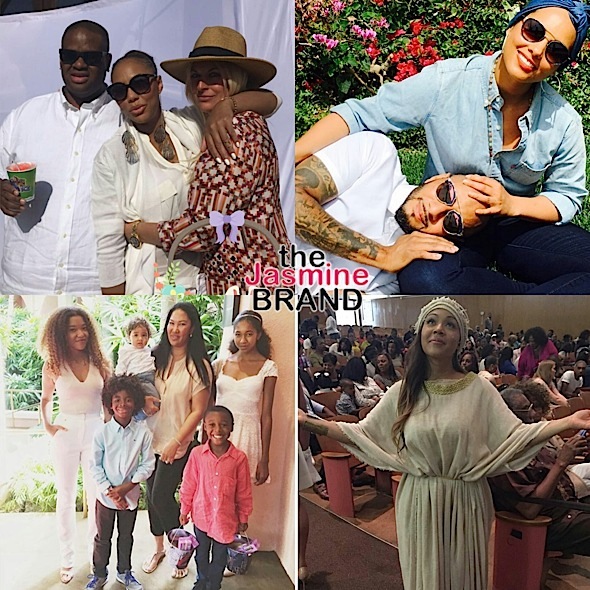 Celebrity Easter Photos! Oprah, Kimora Lee Simmons, Alicia Keys, Swizz Beatz, Tamar Braxton, Erica Campbell
Celebrity Easter Photos! Oprah, Kimora Lee Simmons, Alicia Keys, Swizz Beatz, Tamar Braxton, Erica Campbell